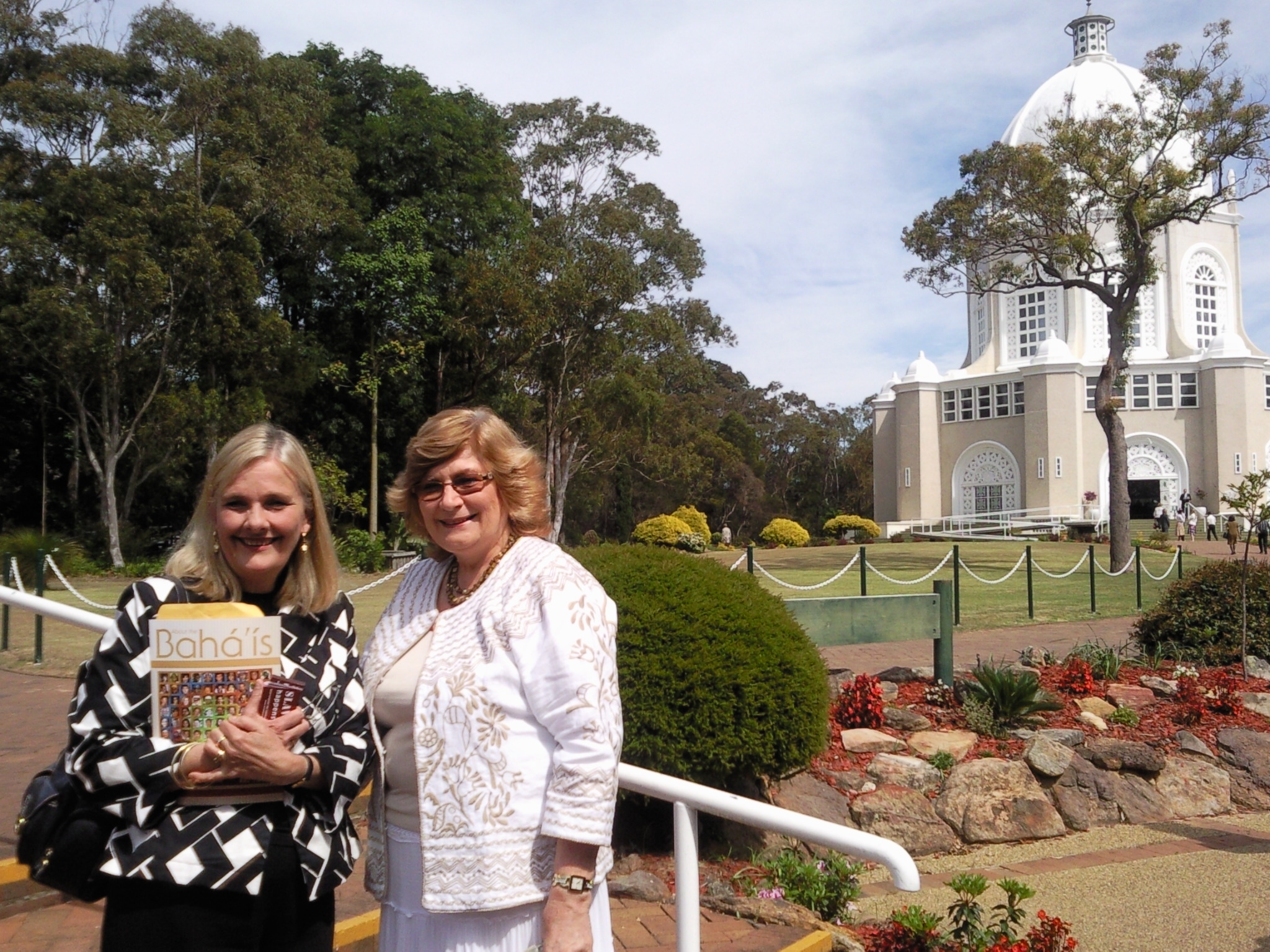
Australia has become a destination country for people traffickers who are the modern-day version of slave traders, according to Pam Stewart, a senior law lecturer from the University of Technology, Sydney.
Ms Stewart is a member of the Anti-Slavery Project, which was established at the university in 2003. The project provides direct assistance to victims of enslavement and human trafficking as well as advocating legal and policy reform.
People trafficking is a human rights issue, said Ms Stewart, who was speaking at a reception held at the Bahá’í National Centre on 20 September to mark the International Day of Peace.
“This is about human rights abuses happening in Australia today,” she said.
People trafficked to Australia are forced to work by their slave-owner/employer, often in the sex industry or as forced labourers, Ms Stewart said.
“They are commodified, dehumanised, imprisoned, and denied their own identity by having their documents taken away,” she said.
Ms Stewart said that people traffickers rely on their victims’ fear of authorities.
“They are frightened – frightened of being sent back, frightened of giving evidence, frightened for their welfare of their families at home,” she said.
“People need to know what their rights are. In many cases, they don’t even know they have rights,” Ms Stewart said.
Lucrative
People trafficking is one of the world’s most lucrative crimes, Ms Stewart said.
It is estimated that traffickers have reaped some $42.5 billion a year worldwide in the past decade, she said.
Although the exact scale of the problem in Australia is unknown, the Australian Federal Police has undertaken more than 270 investigations of trafficking related offences since 2004, leading to 34 people being charged and nine convictions.
“These cases are only the tip of the iceberg,” Ms Stewart said.
Ms Stewart praised the Federal government for introducing laws that criminalise slavery, sexual servitude, trafficking and debt bondage.
She said that the Australian Federal Police has a taskforce to combat people trafficking.
A Commonwealth Victim Support Program for trafficked persons has provided support to 107 people, nearly all of them women, since 2004, she said.
Special visa arrangements have also been put in place for trafficking victims.
“We are achieving things but there’s plenty more to do,” Ms Stewart said.
